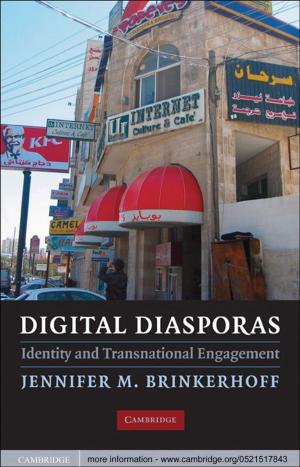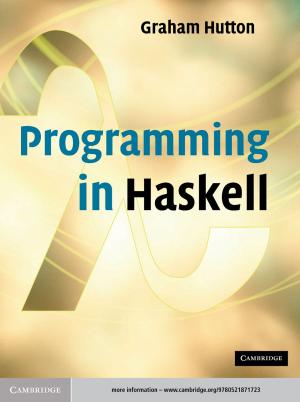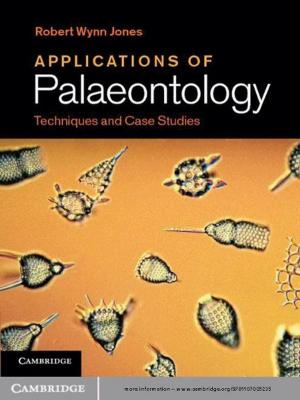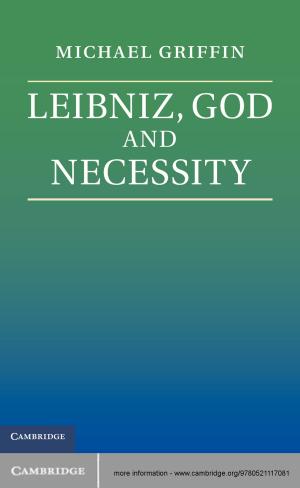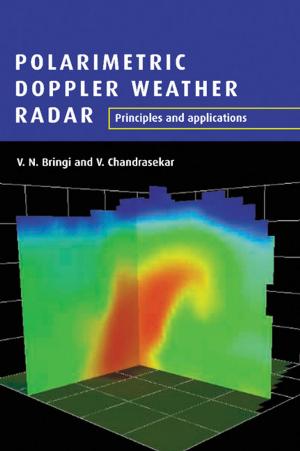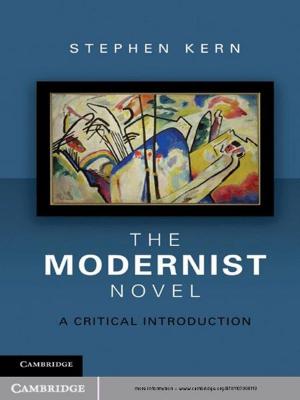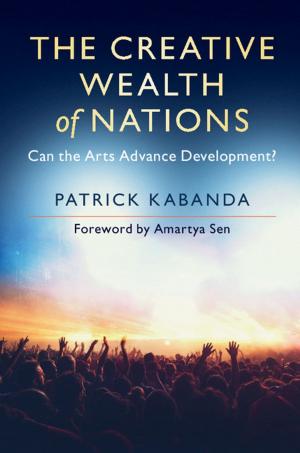Reading Thomas Hardy
Fiction & Literature, Literary Theory & Criticism, Poetry History & Criticism, British| Author: | George Levine | ISBN: | 9781316832486 |
| Publisher: | Cambridge University Press | Publication: | May 9, 2017 |
| Imprint: | Cambridge University Press | Language: | English |
| Author: | George Levine |
| ISBN: | 9781316832486 |
| Publisher: | Cambridge University Press |
| Publication: | May 9, 2017 |
| Imprint: | Cambridge University Press |
| Language: | English |
This major new reading of the novels of Thomas Hardy, by leading critic George Levine, disentangles the author's often elaborately distanced prose from his beautiful poetic and precise renderings of the natural world. Clear, direct and minimally academic in his own writing, Levine provides an overview of Hardy's entire fictional canon, with extensive discussions of his early and late novels including his last, The Well-Beloved. Levine draws new attention to the way Hardy absorbed both the ideas and the writing strategies of Charles Darwin, and develops new perspectives first articulated in the criticism of great novelists - in particular Virginia Woolf and D. H. Lawrence. Levine departs from the critical norm by reading Hardy in the context of his deep feeling for the natural world and all living things, and the implicit affirmation of life that sometimes drives his bleakest narratives.
This major new reading of the novels of Thomas Hardy, by leading critic George Levine, disentangles the author's often elaborately distanced prose from his beautiful poetic and precise renderings of the natural world. Clear, direct and minimally academic in his own writing, Levine provides an overview of Hardy's entire fictional canon, with extensive discussions of his early and late novels including his last, The Well-Beloved. Levine draws new attention to the way Hardy absorbed both the ideas and the writing strategies of Charles Darwin, and develops new perspectives first articulated in the criticism of great novelists - in particular Virginia Woolf and D. H. Lawrence. Levine departs from the critical norm by reading Hardy in the context of his deep feeling for the natural world and all living things, and the implicit affirmation of life that sometimes drives his bleakest narratives.



